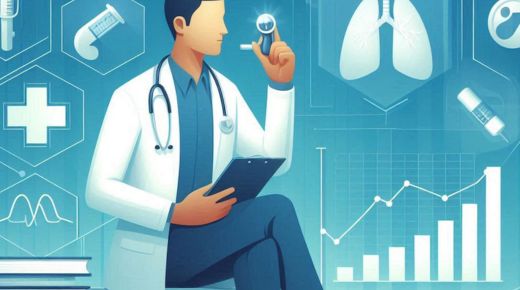
Mental health is as vital as physical health. Medical clinics play a crucial role in offering support. They provide accessible care, timely diagnoses, and ongoing treatment. Clinics like LEEP Atlanta are key players in this effort. They bridge gaps in care and meet community needs. Let’s explore how these clinics make a difference.
Accessible Care
Medical clinics are often the first point of contact for mental health concerns. They are more accessible than specialized services which may have long waiting lists. A clinic visit is usually less daunting than a hospital visit. This accessibility encourages individuals to seek help sooner.
Clinics help reduce the stigma around mental health. They offer a safe environment for patients to discuss their issues. The staff are trained to handle mental health conditions with empathy and confidentiality.
Timely Diagnoses
Early diagnosis is key to effective treatment. Medical clinics help identify mental health issues in their early stages. This identification allows for quicker intervention and better outcomes.
Doctors in these settings use simple screening tools. They assess symptoms and offer preliminary diagnoses. This process ensures patients receive the right care promptly.
According to the Centers for Disease Control and Prevention (CDC), early intervention can improve recovery rates. Clinics provide this critical advantage.
Ongoing Treatment
After diagnosis, ongoing treatment is vital. Clinics offer various therapeutic options. These include counseling, medication management, and referrals to specialists.
Counseling sessions provide a platform for patients to talk openly. Medication management ensures patients receive appropriate prescriptions with follow-ups. When needed, clinics refer patients to psychiatrists or psychologists for more intensive care.
Comparison of Services
Different clinics offer varying services. Here’s a simple comparison of typical offerings:
| Service | General Clinics | Specialized Mental Health Clinics |
| Initial Assessment | Available | Available |
| Counseling | Limited | Extensive |
| Medication Management | Basic | Advanced |
| Specialist Referral | Yes | Yes |
Community Impact
Medical clinics impact communities positively. They provide education and resources to promote mental wellness. They also organize workshops and support groups to encourage community involvement.
By fostering a community-centric approach, clinics enhance public awareness. This approach reduces misinformation and fear surrounding mental health issues.
The Substance Abuse and Mental Health Services Administration (SAMHSA) highlights the importance of community-based services. Clinics play a vital role in this framework.
Conclusion
Medical clinics are essential in providing mental health services. They offer accessible care, timely diagnoses, and ongoing treatment. Clinics improve community health by reducing stigma and promoting awareness. They ensure individuals receive the support they need when they need it most.














